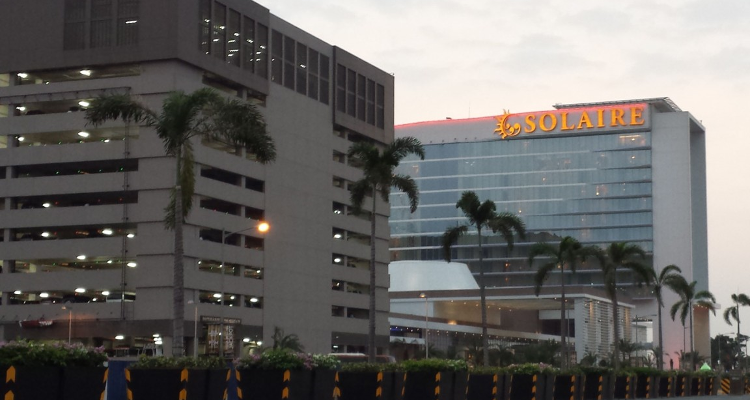Casinos in the Philippines reported a 30% increase year-on-year in aggregate gross casino revenues for the three months to the end of June to approximately $711.68 million due in part to a rise in the popularity of telephone-based proxy betting.
According to a report from the Philippine Amusement And Gaming Corporation regulator, state-run casinos reported only a 6% rise year-on-year in gross gaming revenues for the three-month period to around $166.47 million while their privately-operated counterparts brought in roughly $543.12 million, which represented a swell of some 40%.
The official figures show that $469.84 of the second-quarter gross gaming revenues generated by the Asian nation’s privately-run casinos came from venues located in Manila’s three-square-mile Entertainment City district along with the nearby Resorts World Manila project from Genting Hong Kong Limited and local conglomerate Alliance Global Group Incorporated. This seaside area is home to the City Of Dreams and the Solaire Resort And Casino developments, which are soon set to be joined by the Okada Manila venue from Tiger Resort Leisure And Entertainment Incorporated while the giant Resorts World Bayshore resort casino is set to open in 2018.
A report from GGRAsia put aggregate first-quarter gross gaming revenues from Resorts World Manila and the venues in Entertainment City at $375.61 million, which was a 6.6% boost year-on-year from the $352.2 million brought in during the first quarter of 2015.
“In April we are seeing indications of a dramatic improvement in growth for Entertainment City casinos with aggregate gross gaming revenues surging approximately 69% year-on-year,” analyst Rommel Rodrigo from Maybank ATR Kim Eng Securities told GGRAsia.
He suggested that much of the year-on-year percentage improvement in April gross gaming revenues came from City Of Dreams as the venue had yet to ramp up its business by April of 2015. He moreover declared that the surge preceded a May 9 ban in Macau on the use of telephones at VIP tables.
The report from the Philippine Amusement And Gaming Corporation shows that privately-run casinos saw second-quarter revenues from junket operators more than double to hit $187.11 million while takings from non-junket gaming improved by 22% to $212.02 million alongside a 12% progression from slots to $143.45 million.
Rodrigo explained that telephone-based proxy betting, in which a trusted surrogate sits at a gaming table and relays card information to a player who then advises their understudy how to wager, aided the rise in second-quarter gross gaming revenues. Financial services firm Morgan Stanley additionally proclaimed in a recent report into global casino trends that the ban on telephone betting in Macau would serve “to benefit the Philippines VIP market”.



